

Future of Air Travel after the COVID-19 Pandemic
Wednesday 8th of April 2020
Future of Air Travel after the COVID-19 Pandemic
After speaking to a variety of travel experts, travel agents, and one futurist, Insider attempts to find out what we can expect from air travel after the pandemic.
1. Travel will rebound
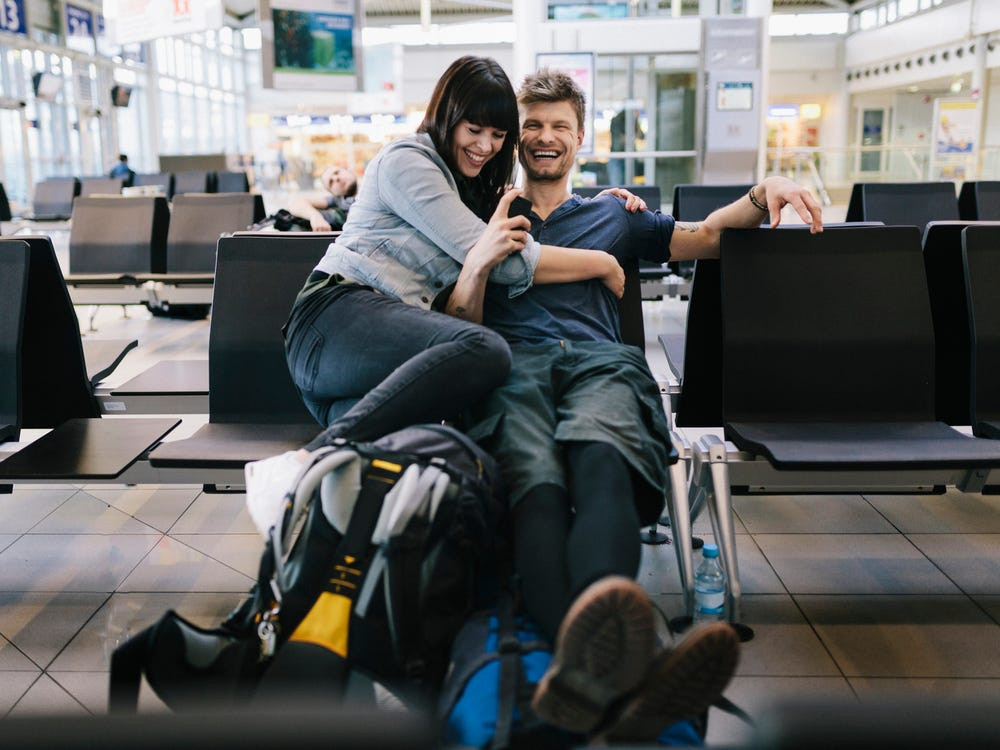
A survey showed that 58% of Americans are planning to travel between May and September 2020, as long as their destinations aren't in quarantine. Konrad Waliszewski, CEO and co-founder of TripScout, conducted a survey of 3,000 of his users, and told that "people can't wait to get back to traveling."
2. Low fares
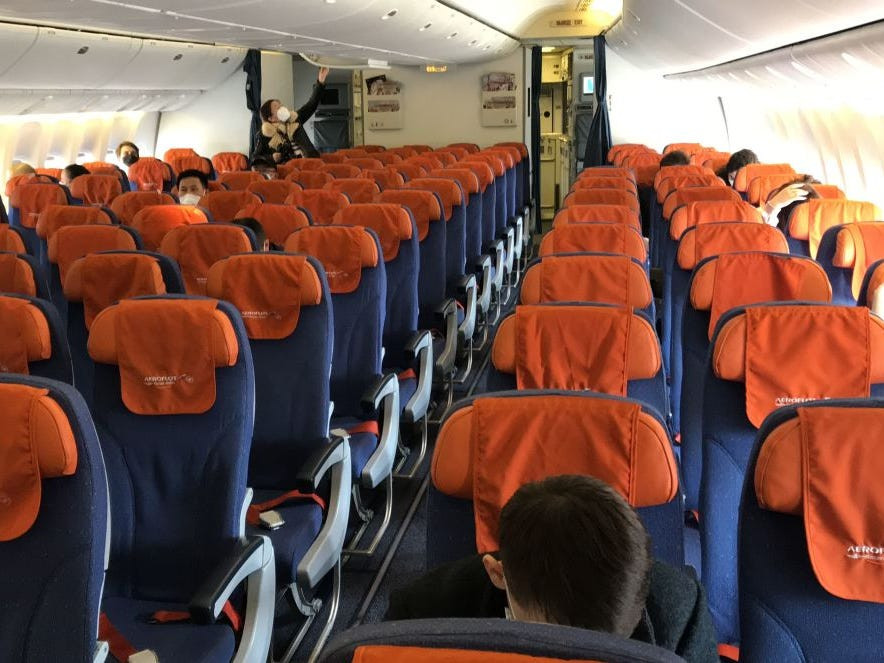
Some experts expect fares to stay low as airlines struggle to get customers back on board. Also expecting planes to be a little less full in the near future, Scott Keyes, founder of Scott's Cheap Flights and chief flight expert says "what's the easiest way for airlines to try to fill seats? Cutting fares."
3. Fewer flight options
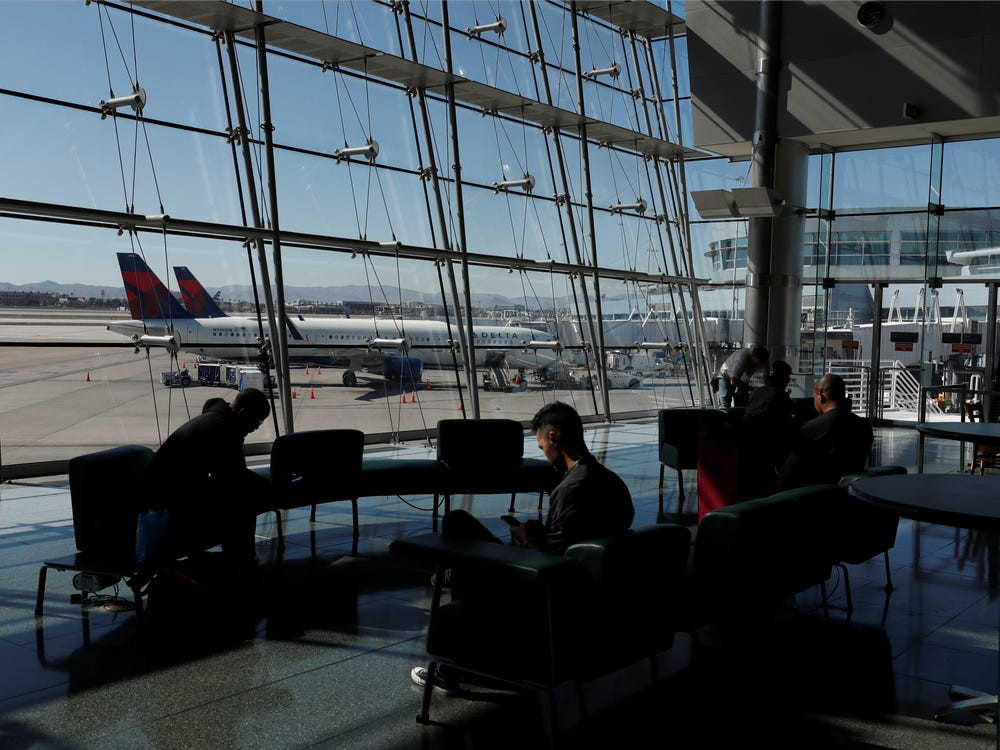
However, not all experts agree that fares will be lower as a result of fewer flight options. "Fliers will have less choice — of airlines, of flight times, and of available routes and markets. All of that means passengers will pay more when they return to the air," CNN's Chris Isidore writes. Also less competiton could drive prices up.
4. Domestic travel might be up, at least initially

Coronavirus pandemic will take a slow recovery and travelers might have to continue to contend with various travel bans, visa rules, and lockdowns. Domestic travel can turn out to be more popular since it seems less risky than travelling abroad.
5. Drop in business travel
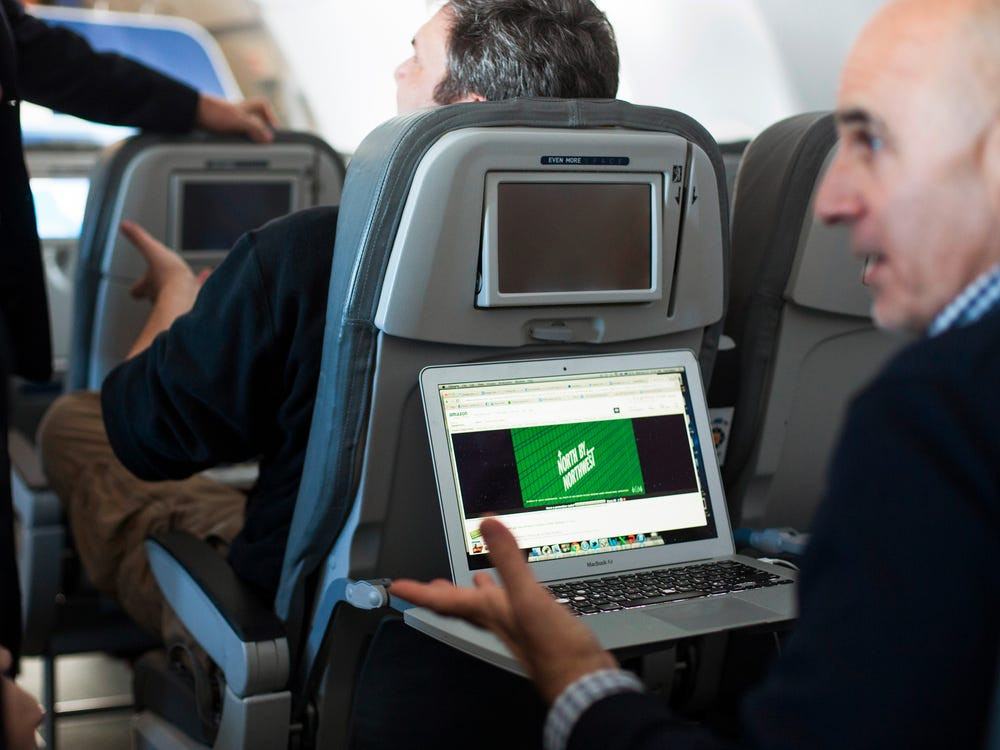
Having to use video conferencing tools can lead to hesitance in travelling for business purposes as it seems less necessary. "Airlines can make a lot more nowadays from business class, first class, even premium economy than they used to, which gives them leeway to be able to sell cheaper fares in the back," Keyes explains. Hence, fares might be more expensive.
6. More flexibility

Jeffrey Traugot, a luxury travel advisor, thinks airlines, cruise ships, and hotels will all adopt more lenient change and cancellation policies. "I think they will keep these policies in place for a while until travel starts again and then they will not be as relaxed," Traugot said. "So there is a change, but I think it will be temporary," he said.
7. Hygiene and sanitation becomes a priority
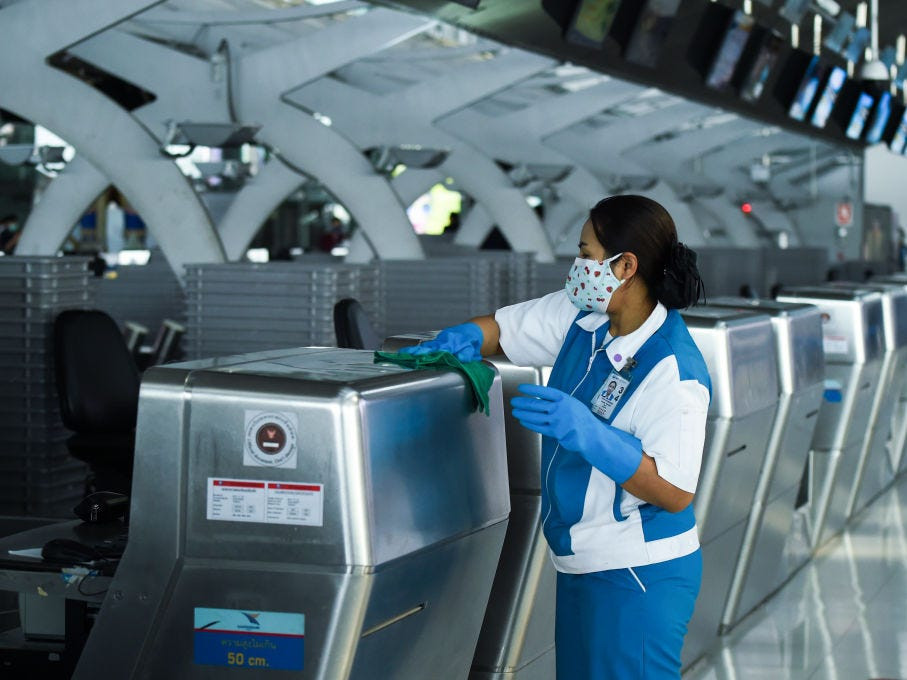
If theres one thing COVID19 pandemic taught us then it’s the importance of hygiene. Humans will now be "highly sensitized to the risk of a pandemic," Dawson, author and futurist, foresees airlines having to step up their precautions, whether that's testing the health of every single person at boarding, providing face masks and sanitizer, or offering various degrees of distance between people.
8. Travel may become more purposeful

Instead of the quick short trips that were extremely popular before the pandemic, people will now go on trips that are more meaningful and there will be less travel but for longer periods.
9. Travel agents could make a comeback
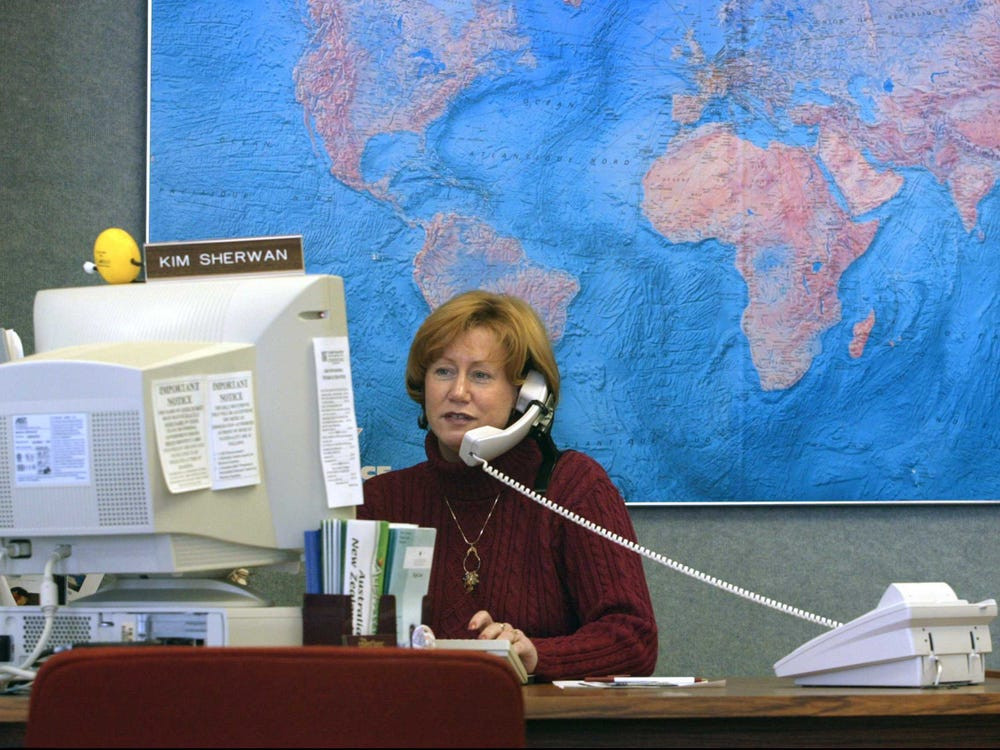
During these times, people would have thought about the drawbacks of an online travel agency over a traditional one. Erika Ritcher, the senior director of communications for the American Society of Travel Advisers (ASTA), said "I remain hopeful that the future of travel will have an emphasis on a travel advisor.”